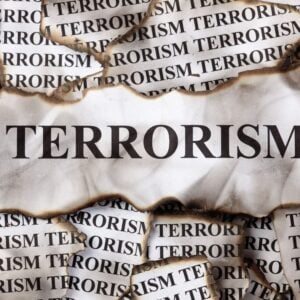UNESCO participated in the inaugural session of the G20 Working Group on Illicit Financial Flows and Social Protection, held in South Africa. This initiative stems from a commitment made earlier in the year by South Africa’s Deputy President Paul Mashatile, who emphasized that closing illicit financial flows must be tied to reinforcing social protection and advancing gender equality. This priority is now central to South Africa’s 2025 G20 Presidency and the newly established working group.
Illicit financial flows are a critical challenge in Africa, with nearly 7% of the continent’s GDP lost annually—significantly reducing the fiscal capacity needed to fund essential services like women’s shelters, child support grants, and vocational training. South Africa, facing a femicide crisis and youth unemployment exceeding 46%, is responding through both enforcement measures and cultural transformation. Key steps include the introduction of the Women and Gender Equality Bill and initiatives promoting positive masculinities and increased female leadership in business, where currently only 8% of CEOs are women.
UNESCO is contributing through multiple social protection programs. One such effort is the “Transforming MEN’talities” initiative, co-sponsored by South Africa, which engaged over 5,000 youth and 1,500 post-school participants. The Deputy President reaffirmed financial support for this programme in May 2025.
Additionally, South Africa chairs UNESCO’s Management of Social Transformation (MOST) programme through 2025. Under the leadership of Minister Blade Nzimande, research is being conducted to understand the impact of illicit financial flows on national welfare budgets.
In the digital sphere, South Africa, with UNESCO’s backing, completed its AI Readiness Assessment. The upcoming National AI Policy Framework will direct digital tax revenues and fintech regulation toward social protection systems, aligning with discussions in the G20 AI Task Force.
South Africa also champions science as a tool for equity. Following its hosting of the 2022 World Science Forum, the country co-sponsored key UNESCO resolutions on scientific freedom. It is now preparing a second national report on the Recommendation on Science and Scientific Researchers, which includes strategies to use open data to monitor and combat corruption.







